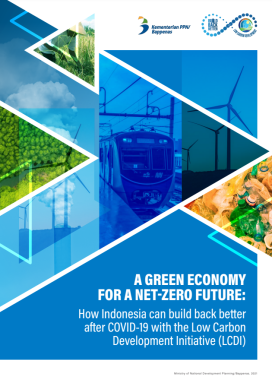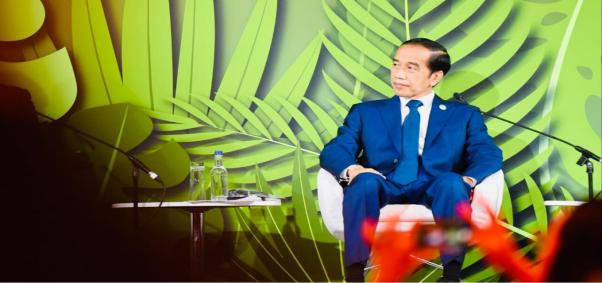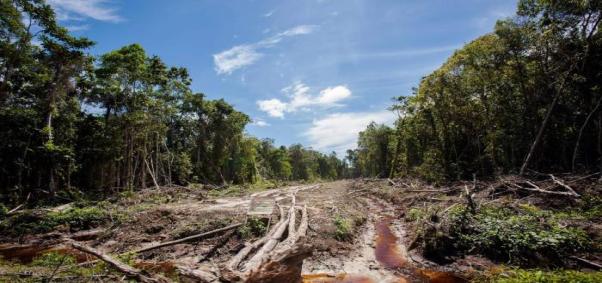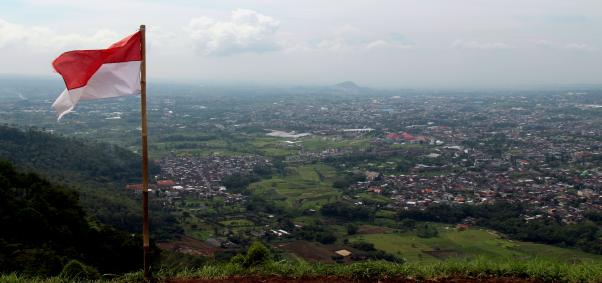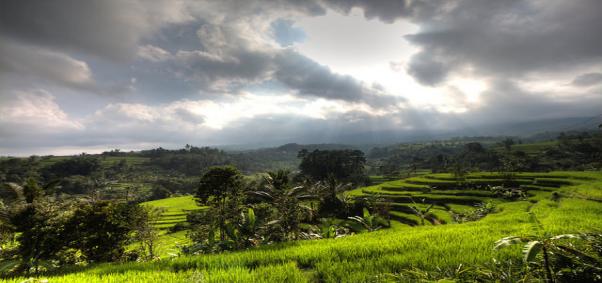NCE and WRI Indonesia have been working with Indonesia’s Ministry for National Development and Planning (BAPPENAS) on the Low Carbon Development Initiative (LCDI) since its inception in 2017. This support has included extensive capacity building activities; rigorous analytical modelling to strengthen the institutional base to foster inclusive, green growth, and targeted engagement; and outreach that leverages high profile leaders in-country and internationally. Key insights from the flagship 2019 LCDI report were incorporated into the country’s National Medium-Term Development Plan (RPJMN) for the period of 2020-2024, including targets for greenhouse gas emissions that are consistent with the country achieving its unconditional Nationally Determined Contribution by 2030.
NCE and WRI Indonesia supported BAPPENAS in producing net-zero modelling scenarios showing how Indonesia can reach net zero by 2045, 2050, or 2060, all while achieving significant socioeconomic co-benefits. The results were summarized in a report that showed that taking action to reach net-zero emissions could deliver more jobs; higher real GDP growth rates (averaging 6.1-6.5%); a 24%-33% boost in per capita income; restored ecosystems with services valued at US$4.75 trillion per year by 2060; and reduced air pollution saving 40,000 lives by 2045. These results helped increase pressure on the Government of Indonesia to announce a net-zero target ahead of COP26.
The programme has also included significant work to mainstream LCDI at the sectoral and local level. BAPPENAS signed Memoranda of Understanding with seven pilot provinces – Riau, West Java, Central Java, Bali, South Sulawesi, West Papua and Papua – to mainstream LCDI into their regional development planning document. NCE and WRI Indonesia supported this process through capacity building and modelling efforts. NCE and WRI Indonesia also supported the development of several sectoral studies looking at key low carbon policies in energy, carbon tax, industry, and food chains in collaboration with other line ministries including the Ministry of Energy, Ministry of Finance and Ministry of Industry. In 2022, the team continued to work to institutionalize and mainstream LCDI and the national and local level through integration of green economy concepts at G20 events.





